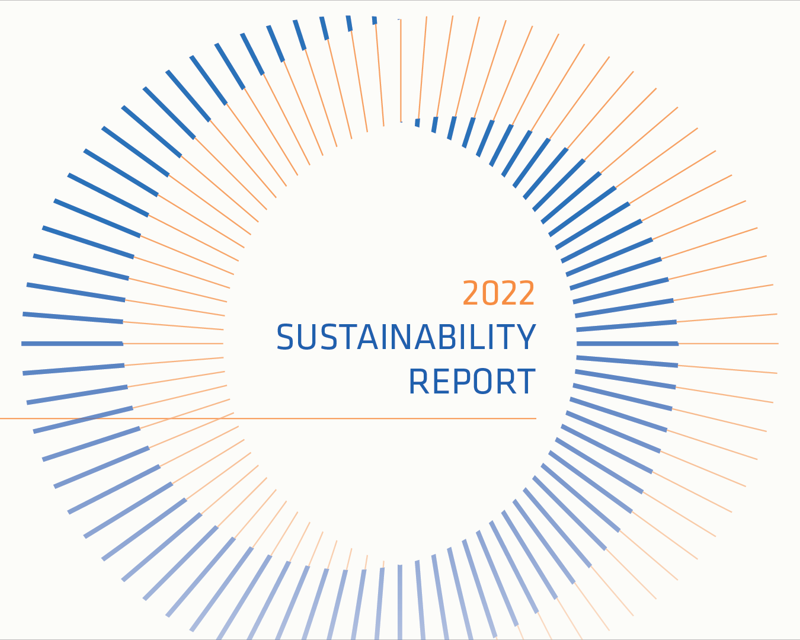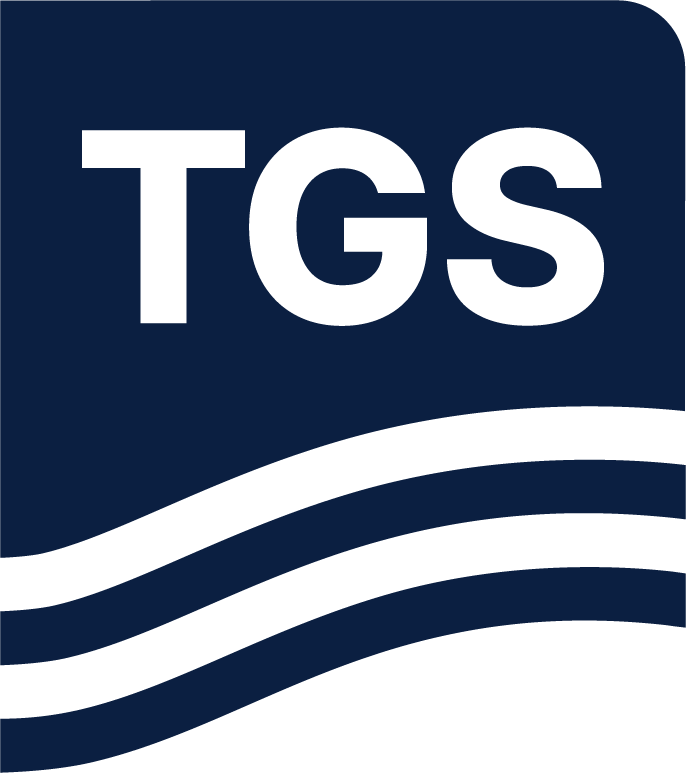The oceans of the world are our working place and TGS works with industry to improve understanding, technology and practices, and to reduce impacts on marine ecosystems.
In September 2023, TGS and other affiliates of the International Maritime Organization marked a 50-year commitment to fighting marine pollution.
As a company involving in marine seismic, one way we contribute is through our membership in the Energeo Alliance industry partnership. In 2016, they launched an ocean debris removal project based on a collaboration across the entire energy geoscience industry. It's called the Ghost Net & Marine Debris Removal Initiative (GNI).
Marine Debris and GNI Reporting
Based on input from all GNI partners, Energeo Alliance built a database on marine debris. They report that seismic crews have removed an astonishing 1 million kilograms of debris since 2016. That’s enough floating pollution to fill London’s iconic Wembley football stadium more than 30 times.
Abandoned fishing gear and fishing accumulation devices (FAD) can also be a major hazard to seismic gear, so seismic companies have long focused on this issue.
In 2022, TGS crews removed over five tons of abandoned fishing equipment from the sea. These crews regularly free entangled wildlife, and under our Quality Assurance procedure on HSEQ and Marine Life, we even have a guideline for the extraction of marine turtles.
Offshore Plastics
In 2017, the World Economic Forum calculated that over eight million tons of plastic end up in the world’s oceans each year. That's equivalent to dumping the contents of one garbage truck into the sea every minute. Recognizing this growing problem in our work environment, TGS developed a concept for efficient, large-scale plastic collection in the oceans using seismic vessels. The idea has attracted interest but has not yet taken off.
In our sustainability metrics, we measure waste management offshore and onshore. We have set a goal of improving the quality and detail of waste monitoring and reporting in TGS offices and from our fleet.
Offshore, we have taken steps to ensure that our seismic vessels minimize their own generation of plastic waste, by the relatively simple step of replacing bottled water with water coolers.
Single plastic bottles are no longer a common sight onboard. TGS Vice President Health Safety and Environment Roger Honningdal reports on a change that started when he was captain on our Ramform vessels:
“We stopped buying bottled water for the vessels and we bought metal sport drinking bottles for everyone onboard. The only bottled water we had was for the crew going out in the workboat for many hours. At a conservative estimate, this reduced our plastics consumption by over 100,000 plastic bottles per year!”
With seven seismic vessels active, each with around 40 crew, and an average consumption of 1.5 liters per day, the improvement may be significantly higher.
What Sustainability Means at TGS
TGS is dedicated to sustainability and furthering the United Nations SDG 14—life below water. There are many challenges to overcome, but true change requires us to acknowledge the problems and take concrete actions to combat them. Every effort counts in the fight against marine pollution and plastic waste when the well-being of our oceans is at stake.
TGS is proud to be a part of the Energeo Alliance, a strong supporter of the International Maritime Organization’s #MARPOL initiatives. UN SDG 14 is one of five sustainability goals specifically targeted by PGS and identified as highly relevant by our Sustainability double materiality analysis.


